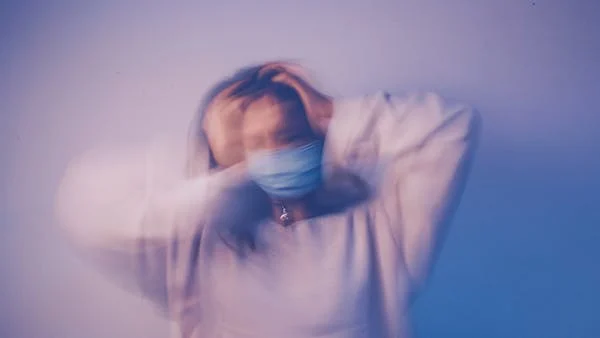Major Depressive Disorder (MDD), also known as clinical depression, is a mental health condition that affects millions of people worldwide. It is characterized by a persistent feeling of sadness, loss of interest or pleasure in activities, and a variety of physical and emotional symptoms. In this article, we will discuss the symptoms, causes, and treatment options for MDD.
Symptoms of Major Depressive Disorder
The symptoms of MDD can vary from person to person, but generally, they include the following:
- Persistent feelings of sadness, emptiness, or hopelessness
- Loss of interest or pleasure in activities that were once enjoyable
- Changes in appetite and weight, such as overeating or loss of appetite
- Insomnia or oversleeping
- Fatigue or loss of energy
- Feelings of worthlessness, guilt, or self-blame
- Difficulty concentrating, making decisions, or remembering things
- Recurrent thoughts of death or suicide
These symptoms must persist for at least two weeks to be considered MDD. They can interfere with daily activities, work, school, and relationships.
Causes of Major Depressive Disorder
The causes of MDD are not fully understood, but it is thought to be related to a combination of genetic, environmental, and psychological factors. Some potential causes of MDD include:
- Imbalances in neurotransmitters, the chemicals in the brain that regulate mood and other functions.
- Stressful life events, such as the loss of a loved one, financial difficulties, or relationship problems.
- Chronic illnesses or medical conditions, such as cancer, chronic pain, or thyroid disorders.
- Hormonal imbalances, particularly during pregnancy, postpartum, or menopause.
- Substance abuse or addiction.
Treatment for Major Depressive Disorder
The good news is that MDD is treatable, and there are several effective treatment options available. The most common treatments for MDD include psychotherapy, medication, or a combination of the two.
Psychotherapy, or talk therapy, involves working with a mental health professional to identify and address the underlying causes of depression. Different types of therapy may be used, such as cognitive-behavioral therapy (CBT), interpersonal therapy (IPT), or psychodynamic therapy. CBT focuses on changing negative thought patterns and behaviors, while IPT focuses on improving interpersonal relationships. Psychodynamic therapy focuses on exploring unconscious patterns and emotions.
Medication can also be helpful in treating MDD. Antidepressants, such as selective serotonin reuptake inhibitors (SSRIs) and serotonin-norepinephrine reuptake inhibitors (SNRIs), can help alleviate symptoms of depression by balancing neurotransmitters in the brain. Other medications, such as a typical antipsychotics and mood stabilizers, may be prescribed for more severe cases.
In addition to psychotherapy and medication, lifestyle changes can also be helpful in managing MDD. Exercise, a healthy diet, and good sleep habits can all improve mood and reduce symptoms of depression. Support from family, friends, and a mental health professional can also be invaluable.
Major Depressive Disorder is a serious mental health condition that affects millions of people worldwide. It is characterized by persistent feelings of sadness, loss of interest or pleasure in activities, and a variety of physical and emotional symptoms. Causes of MDD include genetic, environmental, and psychological factors. Treatment for MDD typically involves psychotherapy, medication, or a combination of the two, along with lifestyle changes and support from loved ones. If you or someone you know is experiencing symptoms of MDD, it is important to seek help from a mental health professional.

